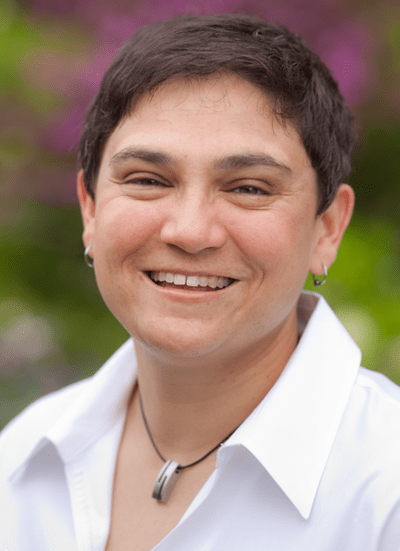Advertisement
Barriers Block Disabled Patients From Specialty Care, Study Finds
If you're disabled and in a wheelchair, gaining full access to basic medical care can still be elusive, a new report finds.
The study, published online in the journal Annals of Internal Medicine, focuses on speciality care and concludes that even in our high-tech environment, something that seems fairly low-tech — getting a patient on to an exam table — doesn't happen in many doctor's offices. "Many sub-specialists could not accommodate a patient with mobility impairment because they could not transfer the patient to an examination table," the report states.

"We wanted a real-life snapshot of accessibility," Lagu said. The callers would say: "I'm an internal medical resident trying to make an appointment for my patient — they had a specific script they had to adhere to."
Shockingly, many of the office staff flat out refused to make an appointment, the researchers report. When asked why, some of these office staffers were quite direct and said it was not possible to get the disabled person on to the exam table.
You can listen to Lagu discuss the research here. But the bottom line (from the abstract) is this:
Of 256 practices, 56 (22%) reported that they could not accommodate the patient, 9 (4%) reported that the building was inaccessible, 47 (18%) reported inability to transfer a patient from a wheelchair to an examination table, and 22 (9%) reported use of height-adjustable tables or a lift for transfer. Gynecology was the subspecialty with the highest rate of inaccessible practices (44%).
Lagu said the study tracks with her "real life experience," after 10 years as a doctor. "Pretty much everywhere I've been in my career, I've encountered this or a similar problem," she said.
Lagu recounts the story of a friend from high school with spinal muscular atrophy. "She described that she was unable to get a pap smear because she couldn't find a doctor with a lowering exam table." And that's in groovy, progressive San Francisco.
So, it wasn't terribly surprising that in her study gynecologists seemed to have the highest rate of inaccessible practices.
"You cannot fake a pelvic exam," Lagu said. "You have to put a person on the table, in stirrups. It's the nature of the gynecological exam that creates a problem. It's not about gynecologists as people,"
Iezzoni, who wrote an accompanying commentary, said the most startling aspect of the study was that "office staff seemed perfectly happy to say 'We can't accomodate them because they're in a wheelchair.' Their willingness to just speak openly about this suggests that they didn't fully appreciate that what they were saying was illegal," and in violation of the Americans With Disabilities Act. (The ADA of 1990 says all medical practices must provide “full and equal access to their health care services and facilities.”)
"You can't really say it's the doctor who is refusing to see the patient," Iezzoni said. "But clearly the practices are not teaching the staff that they need to accommodate people with disabilities." (She notes that adjustable exam tables that lower close to the ground so that patients can more easily move onto them from a wheelchair have been around for years. And though they are more expensive then regular exam tables, they are safer for everyone involved and avoid the need for office staff to lift people.) "That practices would decline to see patients with disabilities raises troubling questions about their commitment to a core tenet of professionalism: increasing access and reducing barriers to equitable health care," she writes in her editorial.
Lagu adds that one of the problems with the ADA is that while it says medical practices have to be accessible, it doesn't define what that means. Under the national Affordable Care Act there are new provisions that offer more detail and standards on specifically what type of equipment should be in doctors offices. "We hope this will make it more clear what it means to be accessible," Lagu said.
This program aired on March 19, 2013. The audio for this program is not available.
